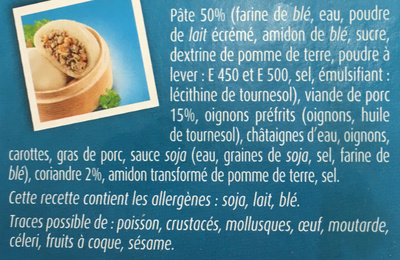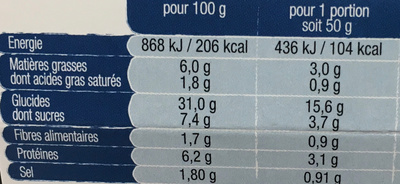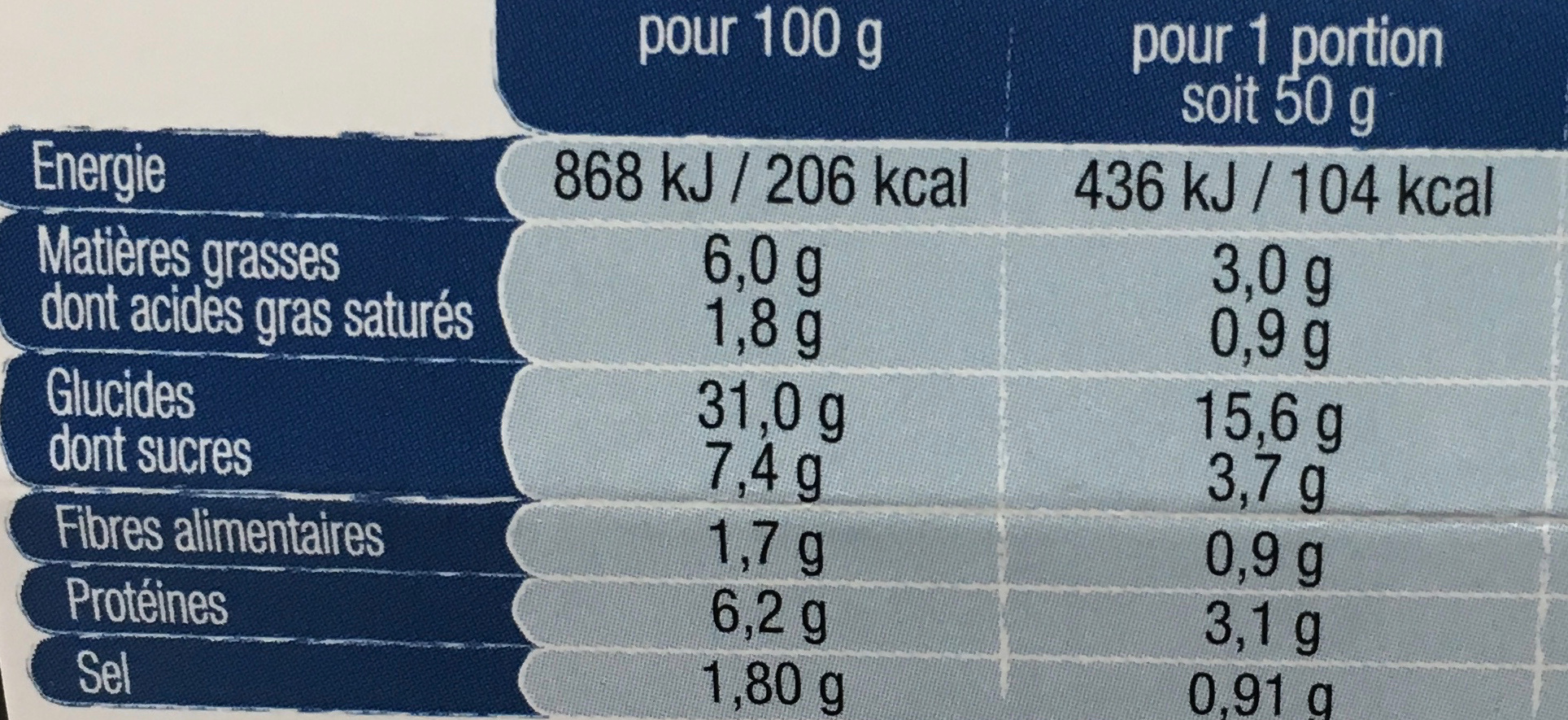Pains briochés farcies - Porc & coriandre - Traditions d'Asie - 200 g
This product page is not complete. You can help to complete it by editing it and adding more data from the photos we have, or by taking more photos using the app for Android or iPhone/iPad. Thank you!
×
Barcode: 3248830633754 (EAN / EAN-13)
Common name: Pains briochés farcis
Quantity: 200 g
Brands: Traditions d'Asie
Categories: Meats and their products, Meals, Fresh foods, Meals with meat, Fresh meals, Pork meals, Microwave meals, Banh Bao
Manufacturing or processing places: Herbignac, Loire-Atlantique, Pays de la Loire, France
Traceability code: EMB 44072 - Herbignac (Loire-Atlantique, France), FR 44.072.002 CE - Herbignac (Loire-Atlantique, France)
Stores: Cora
Countries where sold: France
Matching with your preferences
Environment
Packaging
Transportation
Report a problem
Data sources
Product added on by tacite
Last edit of product page on by fix-serving-size-bot.
Product page also edited by desan, packbot, quechoisir, segundo, tacite-mass-editor.










